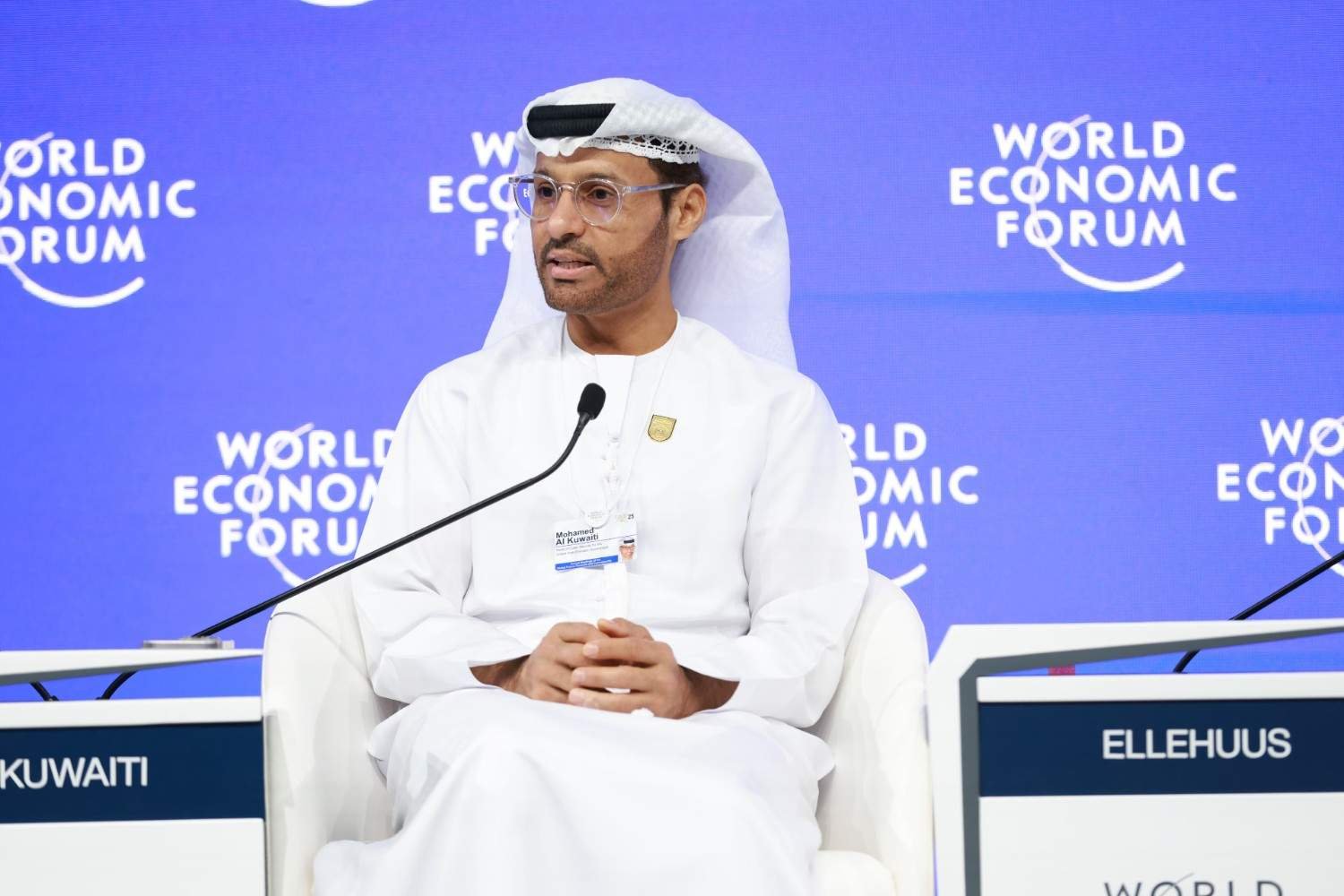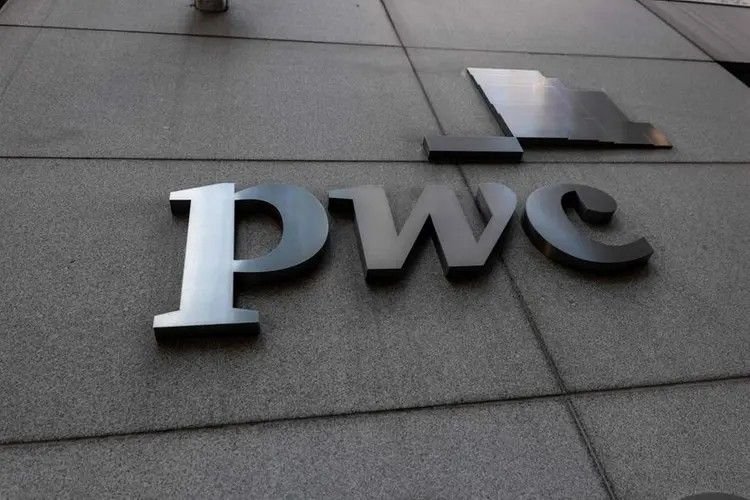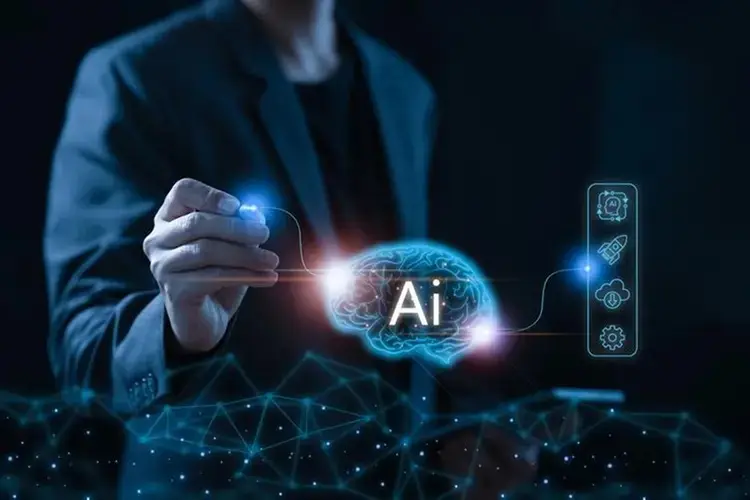Dubai — Artificial intelligence (AI) is redefining the cybersecurity landscape, both as a tool of defense and as a new frontier of risk, according to Mohamed Al Kuwaiti, Head of Cybersecurity for the UAE Government. Speaking at the World Economic Forum’s Annual Meetings of the Global Future Councils and Cybersecurity 2025 (AMGFCC) in Dubai, Al Kuwaiti described AI as “the new oil” powering digital transformation across sectors.
“AI is a new oil into so many sectors that we have,” Al Kuwaiti said during the public session titled The New Cyber Order: Cooperation Amid Turbulence. “It could change a lot of the way we see and deal with technology.”
Al Kuwaiti outlined the UAE’s five-pillar framework for building cyber resilience — partnership, governance, protection, innovation, and technology building — emphasizing that AI integration lies at the heart of this strategy. “We need to innovate,” he said. “Not only thinking of those conventional old types of legacy systems or even teams, but really to come out of this box and think of how to use AI for the benefit of many of those aspects.”
The UAE, which ranks among the top tier in the Global Cybersecurity Index, has built a strong digital infrastructure supported by robust regulatory and partnership models. The State of the UAE Cybersecurity Report 2025, published by the UAE Cyber Security Council and CPX, highlighted a rise in AI-driven cyber threats such as advanced phishing attacks and large-scale misinformation campaigns.
Earlier this year, the UAE government formally approved its National Cybersecurity Strategy, designed around five pillars mirroring Al Kuwaiti’s remarks. The plan aims to “enable the safe and swift adoption of innovations”, strengthen national digitization and cybersecurity capabilities, and expand international cooperation.
Other speakers at the forum echoed the UAE’s focus on collaboration. Rachel Ellehuus, Director-General of the Royal United Services Institute, urged deeper global coordination on cyber defense, while Helmut Reisinger, CEO for EMEA at Palo Alto Networks, called for a “holistic approach to AI security” that balances innovation with protection.
The AMGFCC 2025 convened hundreds of global leaders, including over 150 cybersecurity experts, to discuss the evolving nexus of AI, governance, and digital resilience in a rapidly changing global threat landscape.















